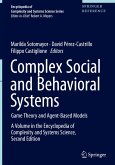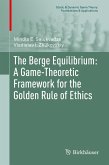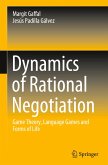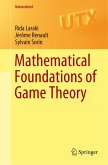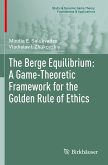This Palgrave Pivot examines monotone games and studies incentives and outcomes when there are multiple players, and how the decision of each player affects the well-being of others in particular ways. Games with strategic complements exhibit codirectional incentives, or incentives for each player to move in the same direction as other players. Games with strategic substitutes exhibit contradirectional incentives, or incentives for each player to move in the direction opposite to other players. Monotone games include both types of players: some players have incentives to move in the same direction as other players and some players have incentives to move in the direction opposite to other players.
This book develops the theory of monotone games in a new and unified manner and presents many applications. Incentives and outcomes studied in monotone games occur in a variety of disciplines, including biology, business, computer science, economics, mathematics, medicine, philosophy, political science, and psychology, among others. The book identifies unifying threads across different cases, showing how newer results are similar to or different from previous results, and how readers may better understand them under the umbrella of monotone games.
This book develops the theory of monotone games in a new and unified manner and presents many applications. Incentives and outcomes studied in monotone games occur in a variety of disciplines, including biology, business, computer science, economics, mathematics, medicine, philosophy, political science, and psychology, among others. The book identifies unifying threads across different cases, showing how newer results are similar to or different from previous results, and how readers may better understand them under the umbrella of monotone games.



